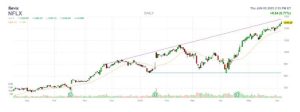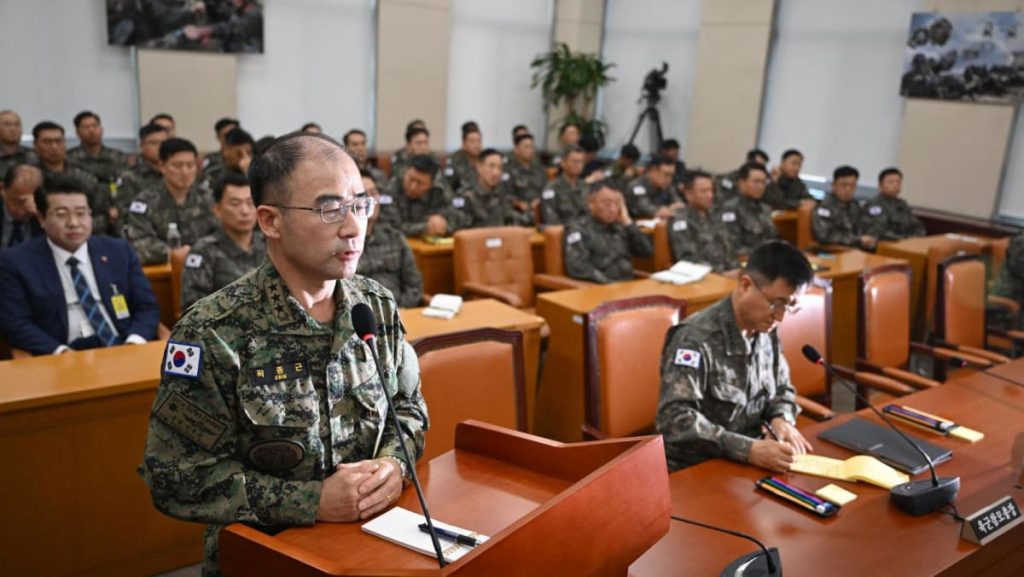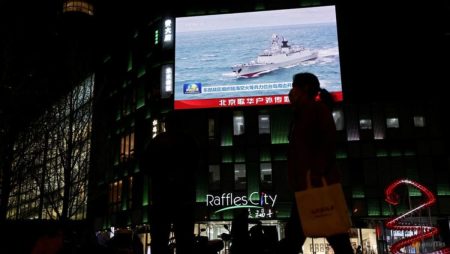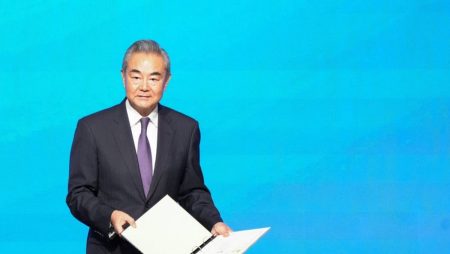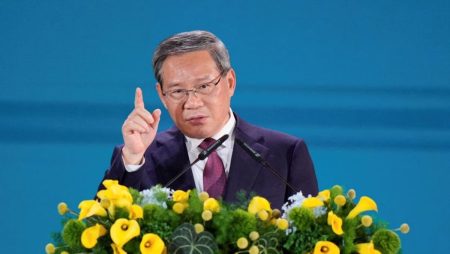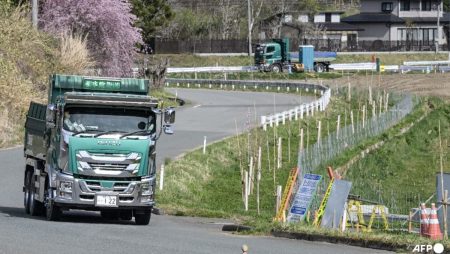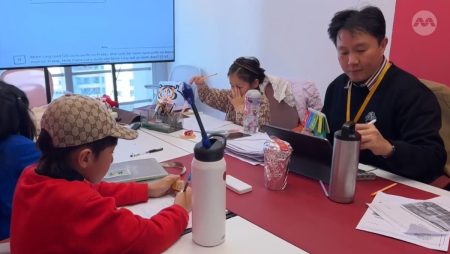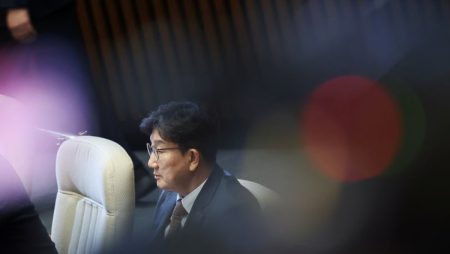The political landscape of South Korea has been thrown into turmoil following President Yoon Suk Yeol’s ill-fated attempt to impose martial law and forcibly remove lawmakers from parliament. The incident, which transpired on December 3rd, has sparked widespread condemnation and calls for Yoon’s resignation, plunging the nation into a constitutional crisis and raising concerns about a power vacuum at the highest level of government. The President’s actions have prompted criminal investigations into insurrection charges, further compounding the political instability. Testimony from a key military figure has shed new light on the events of that night, revealing the extent of Yoon’s efforts to suppress opposition within the legislature.
Army Special Warfare Command Commander, Kwak Jong-geun, testified before a parliamentary committee that he received direct orders from President Yoon to forcibly extract lawmakers from the National Assembly. According to Kwak, Yoon instructed him to “break the door down right now and get in there and drag out the people inside.” This directive came as lawmakers were convening to vote on an order demanding Yoon rescind the martial law declaration. Kwak, however, chose to defy the presidential order, a decision that potentially averted a deeper constitutional conflict. This testimony contradicts earlier accounts suggesting the order originated from then-Defense Minister Kim Yong-hyun, who has since resigned and been arrested.
The fallout from Yoon’s actions has been swift and dramatic. He has been banned from leaving the country and faces a looming second impeachment vote scheduled for Saturday. Within his own People Power Party (PPP), discussions are underway regarding his potential resignation. A task force within the PPP has proposed a timeline for Yoon’s departure as early as February, followed by a snap election in April or May. While the proposal has yet to receive full party endorsement, it underscores the growing pressure on Yoon to step down. The situation has created uncertainty surrounding the leadership of the country, with Yoon’s office offering no official position on who is currently at the helm, only referencing past statements by the foreign and defence ministries asserting the continuation of state affairs under established constitutional processes.
The attempted imposition of martial law and the subsequent revelations about Yoon’s direct involvement have sparked widespread criticism and calls for accountability. The main opposition Democratic Party (DP) has condemned the PPP’s proposed resignation timeline, arguing that it circumvents proper constitutional procedures and that Yoon should be impeached or resign and face legal prosecution. The incident has raised fundamental questions about the balance of power within the South Korean government and the president’s authority. Legal experts offer differing interpretations of the constitution’s provisions regarding the delegation of presidential powers to the prime minister and the extent of the prime minister’s authority in diplomatic matters.
The unfolding crisis in South Korea has significant implications beyond its domestic political sphere. As Asia’s fourth-largest economy and a key U.S. ally in the region, the political instability has sent shockwaves through diplomatic and economic circles. The uncertainty surrounding the country’s leadership and the potential for further political upheaval creates an unpredictable environment for international relations and economic partnerships. The situation underscores the fragility of democratic institutions and the importance of upholding the rule of law, even in times of crisis.
The immediate future of South Korean politics remains uncertain. The impending impeachment vote, the ongoing criminal investigations, and the internal discussions within the ruling party all contribute to a volatile political landscape. The ultimate outcome of this crisis will undoubtedly shape the country’s political trajectory for years to come and will have lasting implications for its relationship with the international community. The world watches closely as South Korea navigates this turbulent period, hoping for a swift and peaceful resolution that upholds democratic principles and ensures stability in the region.


